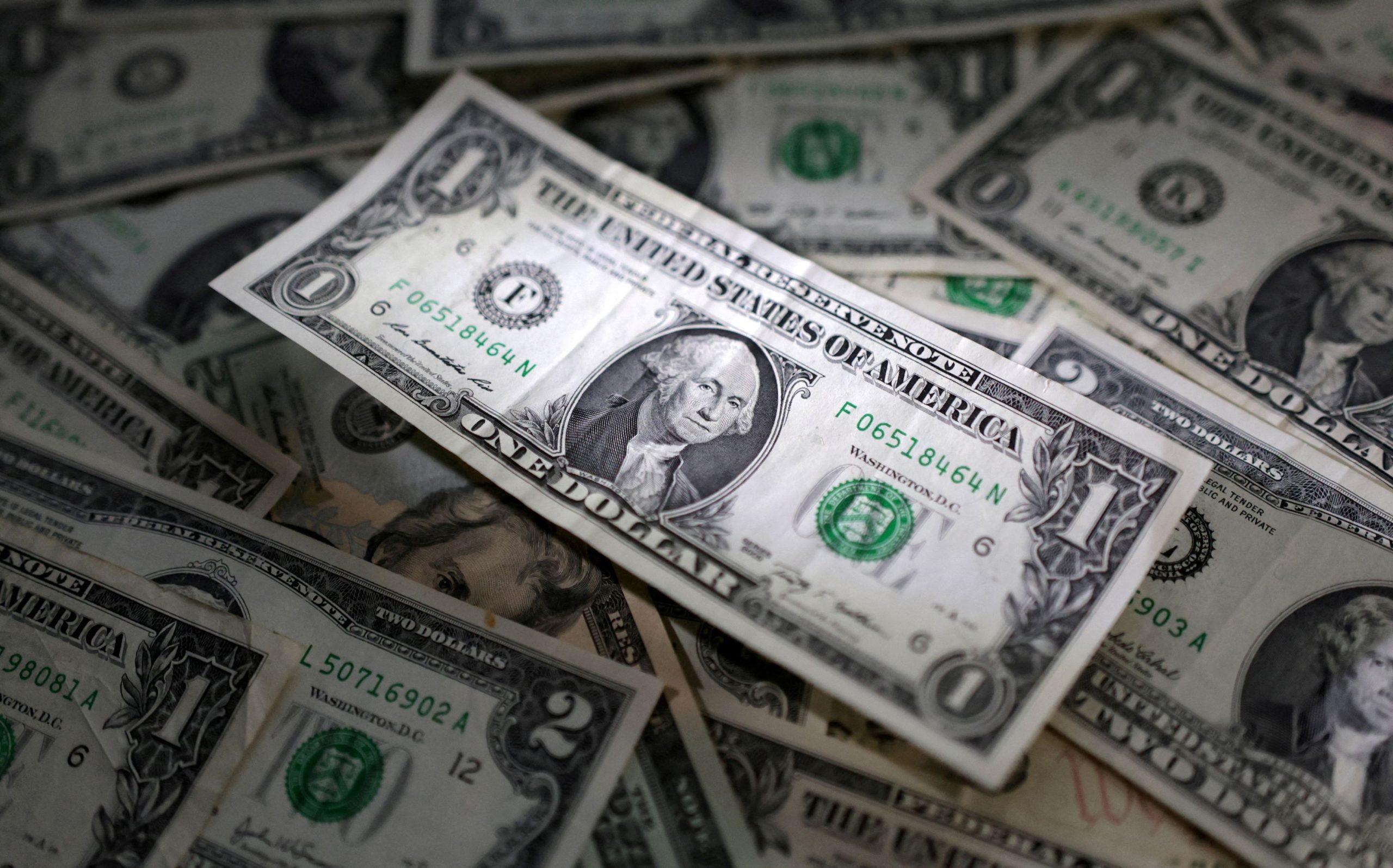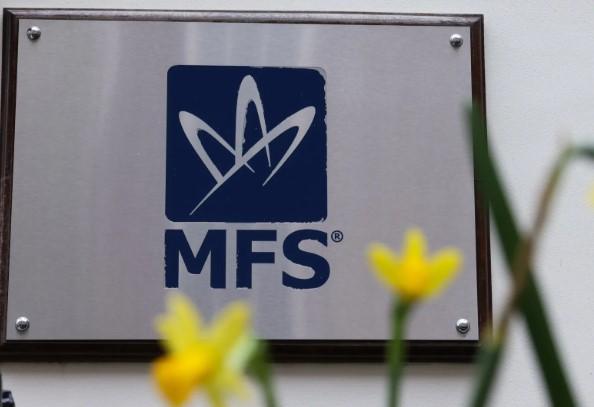In a letter addressed to European Commission President Ursula von der Leyen, Evangelos Mytilineos—Chairman of the Board of Eurometaux and Chairman & CEO of Metlen Energy & Metals—alongside Nikolaos Karampateas, General Manager of the Aluminium Division, and Panos Lolos, General Manager of the Copper Division at ElvalHalcor, together with 21 other companies from the non-ferrous metals (NFM) industry, are calling on the European Commission to align the forthcoming State Aid Framework for the Clean Industrial Solutions Act for Net-Zero (CISAF), set to be published on June 25, with the EU’s stated political goals of “prosperity and competitiveness.”
In their letter, the signatories emphasize that Europe’s non-ferrous metals industry plays a critical role in the green and digital transition, and is vital to securing the European supply of strategic materials—particularly as global geopolitical instability grows. However, they warn that the EU’s capacity to produce these refined metals domestically is diminishing at a time when it should be ramping up investments in mining, refining, smelting, and recycling facilities.
Industry representatives urge the Commission not to penalize industrial baseload consumers for their stable electricity consumption profiles, as currently proposed in the draft non-fossil fuel aid rules under flexibility support schemes. They argue that any aid framework must equally support carbon-free electricity consumption in both already-electrified industrial processes and in new decarbonization initiatives.
The Eurometaux Letter to Ursula von der Leynen
Dear President von der Leyen,
European producers of Non-Ferrous Metals (NFMs), represented by Eurometaux, calls on the European Commission to align the upcoming State Aid Framework for the Clean Industrial Deal (CISAF), due to be published on 25 June, with its declared political goal of “prosperity and competitiveness.”
The European Non-Ferrous Metals industry is a critical enabler of the twin transitions and is vital to providing European made materials necessary for our defence in an increasingly unstable world.
However, Europe’s capacity to deliver these processed metals in Europe is diminishing at a time when we should be growing the number of mines, refining, smelting and recycling facilities of NFMs.
The key to rebuilding the competitiveness of our Non-Ferrous Metals (NFM) industry lies in securing globally competitive production costs, starting with access to decarbonized energy. Therefore, the State Aid Framework for the Clean Industrial Deal (CISAF) must deliver concrete, effective solutions that provide competitive, decarbonized energy and maintain our industry’s global competitiveness.
While we are committed to industrial decarbonisation, a framework that is over-focused on this objective and fails to concurrently and robustly address the competitiveness of energy-intensive industries (EIIs) would be a critical error. Decarbonization will only succeed if paired with robust competitiveness. Without CISAF providing tangible and effective solutions to guarantee competitive energy access, any investment in decarbonization within Europe simply becomes unviable.
On the contrary, a thriving and globally competitive NFM industry would ensure the needed consumption of all power generation to be added to the grid, thus reducing the risk of cannibalization and providing investment certainty for more production capacity. It would also send out a positive signal for electrification of carbon intensive industrial processes.
Therefore, we would like to express our deep concern and worry regarding certain aspects from the draft CISAF which may significantly worsen the situation for European electro-intensive industries such as nonferrous-metals. We call on the Commission to refrain from penalising baseload industrial consumers for their stable consumption profile as currently proposed in the draft aid rules for non-fossil flexibilitysupport schemes (paragraph 66). Baseload industrial consumers provide grid stability and predictability, contributing to a more robust power system. Ensuring the security of electricity supply must remain a top EU priority to avoid loss of competitiveness and the significant economic disruptions which may be caused by blackouts. (In addition, the rules regarding indirect emissions from the electricity (paragraphs 98 and 111) are severely limiting, particularly for industries that are not already located in regions with a nearcompletely decarbonised electricity mix. Therefore, we call for the removal of these conditionality rules which again penalise industrial consumers for the failure of the power sector and Member States to decarbonise.
But even more concerning, measures substantially addressing our sectors’ competitiveness are absent from the proposed framework. The adopted Clean Industry State Aid Framework must go beyond decarbonisation and include an improved version of provision 2.4 in the TCTF, allowing for immediate support to energy intensives, to cope with very high energy prices. EU energy markets are not yet stabilised, electricity prices having reached even 900€/MWh in South-Eastern Europe last summer.
Aid needs to equally support the consumption of decarbonised electricity for already electrified industrial processes. There are currently no mechanisms helping electricity consumers switch to
consuming low-carbon electricity sources, e.g. by signing a RES PPA. Electro-intensive consumers have difficulties in signing RES PPAs due to the specific barriers they face (primarily shaping and firming costs that increase the final price of the renewable PPA), therefore aid reducing scope 2 emissions needs to become eligible.
Aid for ensuring sufficient manufacturing capacity of clean technologies (including paragraph 122) is highly welcome, but for greater benefits and policy consistency the scope should be extended to include “strategic raw materials” and the ‘carrier metals’ which contain the critical and strategic raw materials. And it should go beyond production of equipment or key components, it should support recycling of said metals and materials.
Beyond incentivizing new investments, aid should also target existing capacities which have been idled due to high energy prices, a point CISAF must clearly state. Restarting idled capacity is less costly than building new ones, it is economically more sensible, and it is a more efficient way of spending public money, while immediately reinforcing Europe’s industrial competitiveness and security of supply.
Given that the stated objective is to boost competitiveness and industrial production in Europe, the unjustified restriction on increasing production capacity (paragraph 103) must be removed.
Aid for decarbonisation projects is welcome; however, for higher decarbonisation impact and equal treatment, eligible beneficiaries must not only be installations with product benchmarks, but equally those under process emissions and fallback approaches based on heat and fuel.
Finally, simplification goals are completely missed as the draft proposal introduces additional complexities (such as high GHG emissions reduction thresholds). The detailed and technical
requirements may create barriers to investment and slow down project implementation, thereby delaying the decarbonisation process. Also, faster and streamlined aid approval procedures (similar to TCTF) are not provided in the framework.
It’s time for decisive action: the State Aid Framework for Clean Industrial Deal must deliver substantial measures specifically designed to bolster Europe’s industrial competitiveness. Failure to act will inevitably lead to a further loss of our industrial capacity. This is not merely an economic concern; securing a robust European NFM industry is a first-order strategic imperative for guaranteeing both our physical and economic security in the years to come.
We thank you for your consideration and remain available to discuss our recommendations further in a meeting with you.
Source: tovima.com


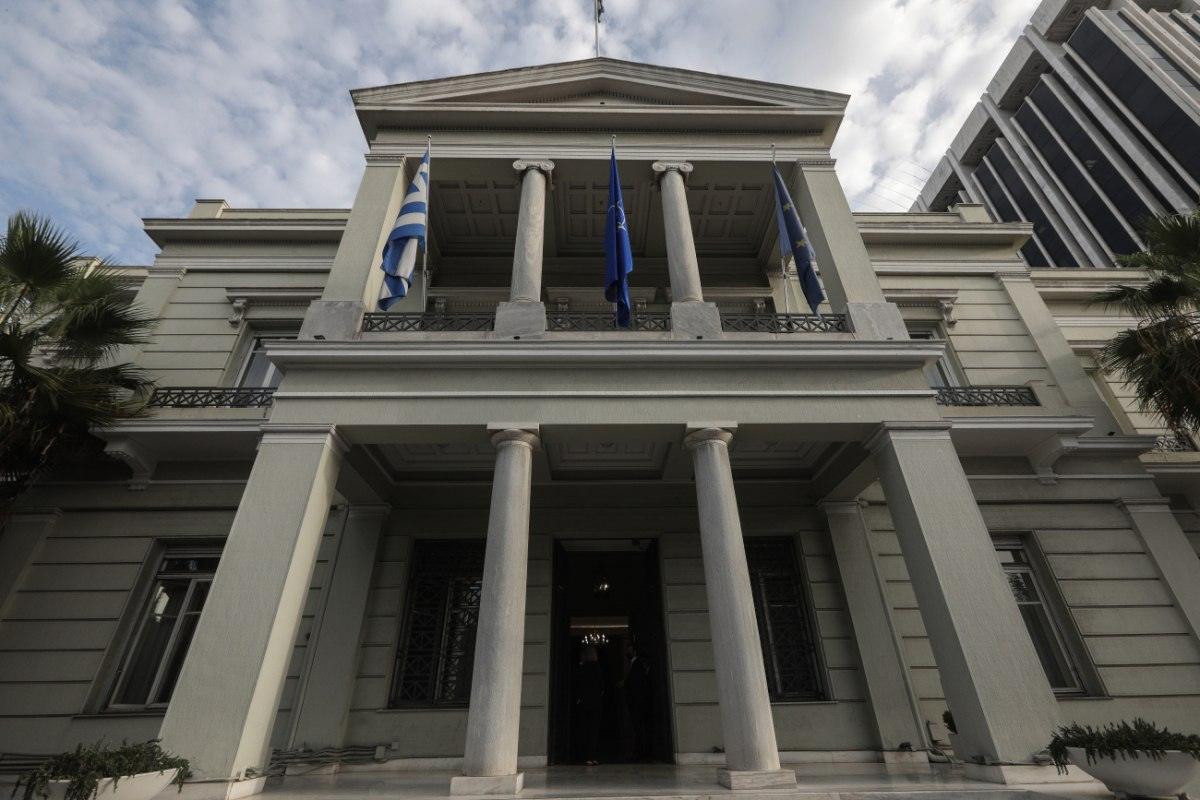
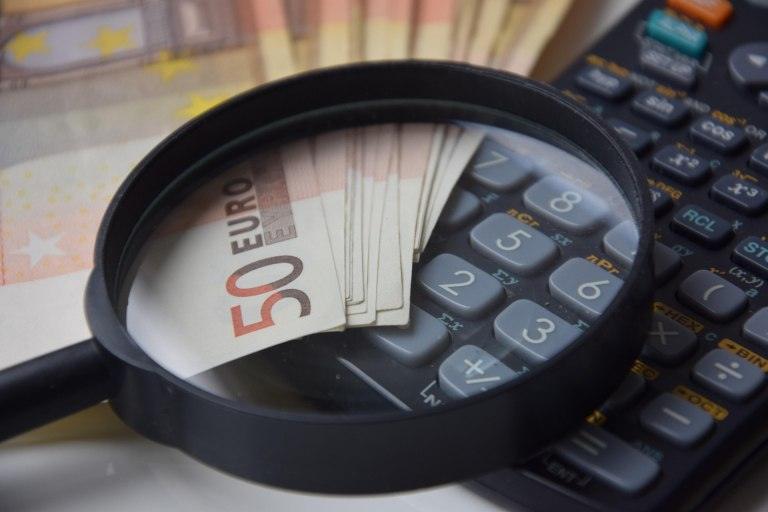


![Ρωσία: Αυξάνει τις επιθέσεις με drones [γράφημα]](https://www.ot.gr/wp-content/uploads/2026/02/UKRAINE-DRONE-ATTACK-300x300.jpg)





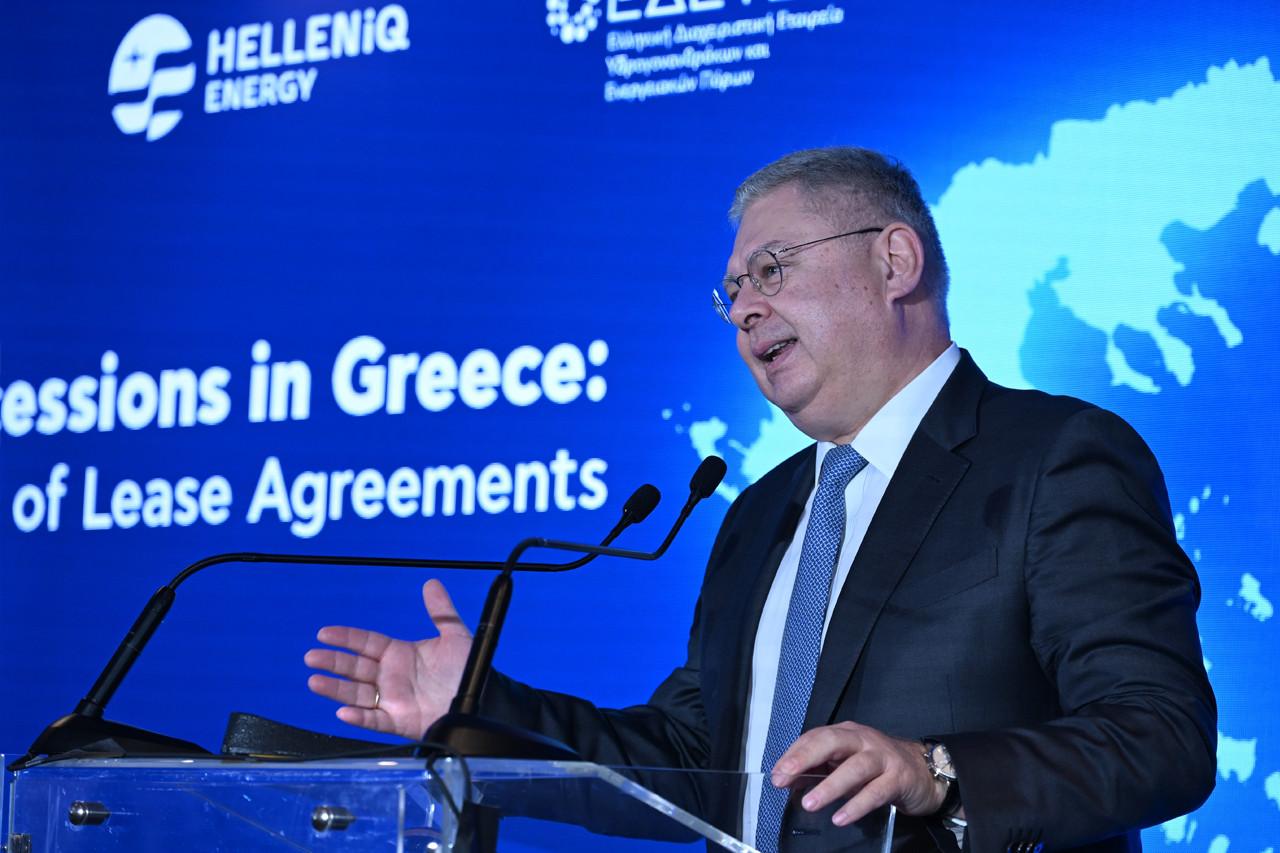

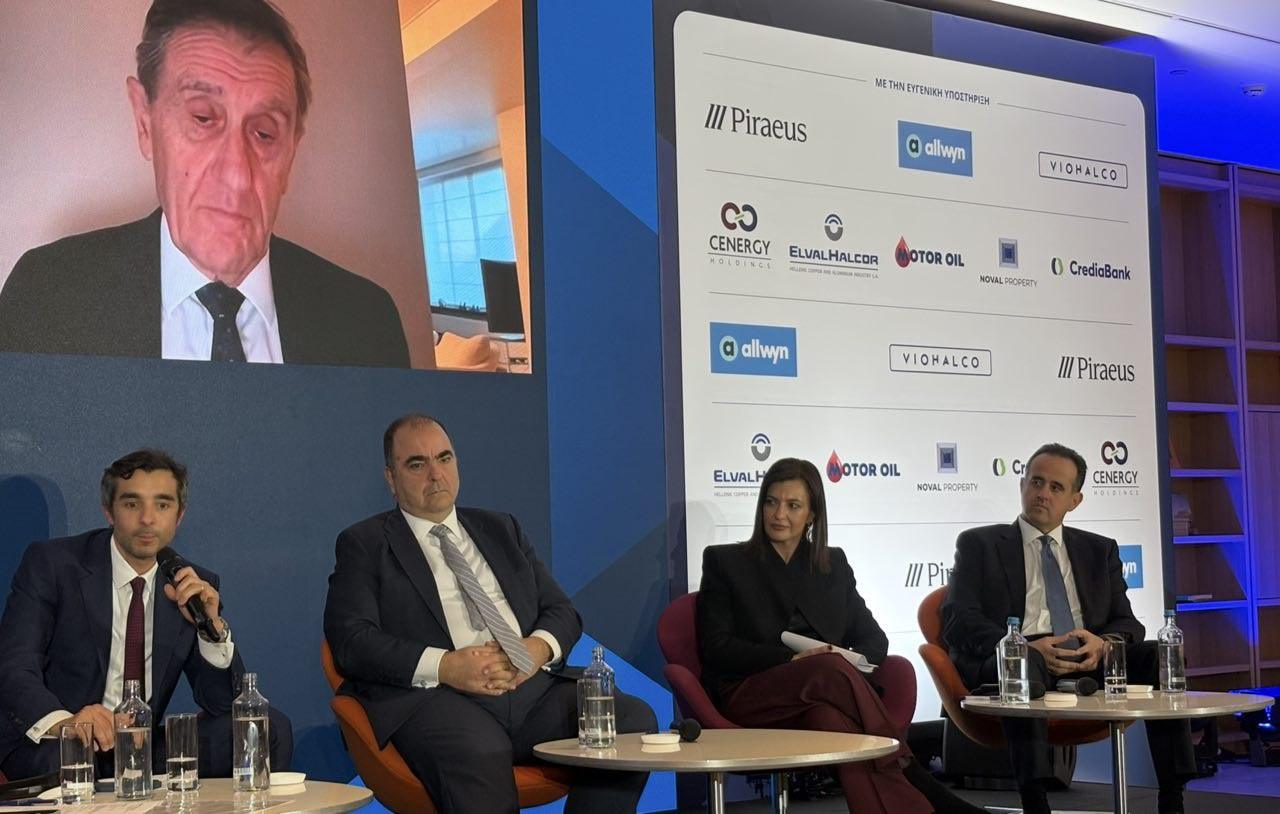





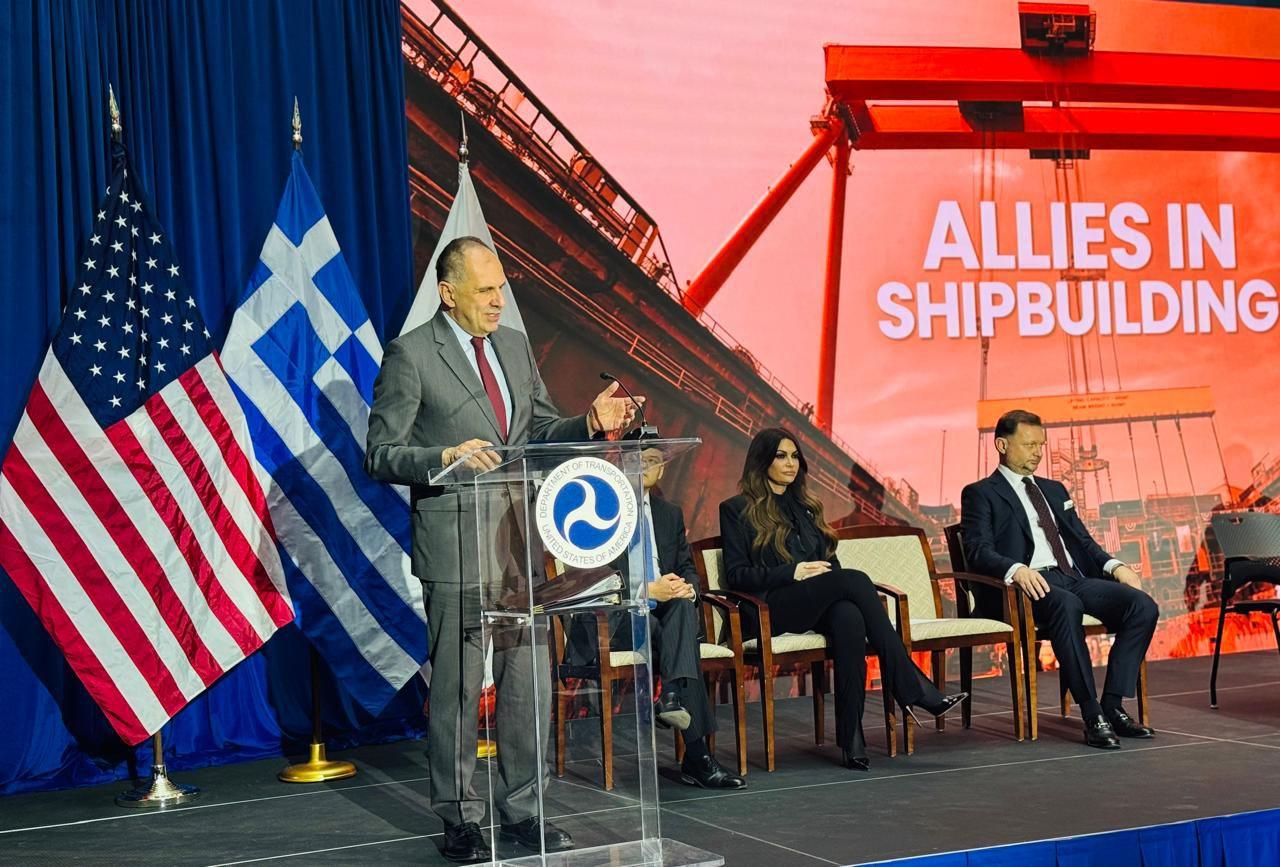






![Ρωσία: Αυξάνει τις επιθέσεις με drones [γράφημα]](https://www.ot.gr/wp-content/uploads/2026/02/UKRAINE-DRONE-ATTACK.jpg)




